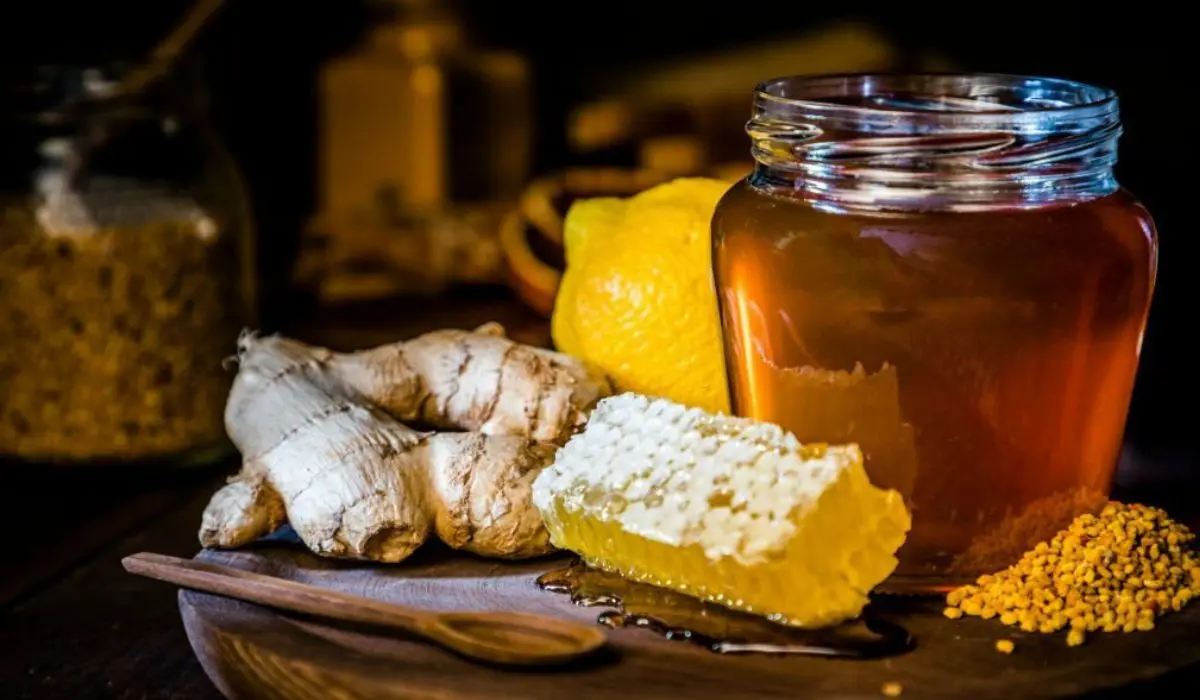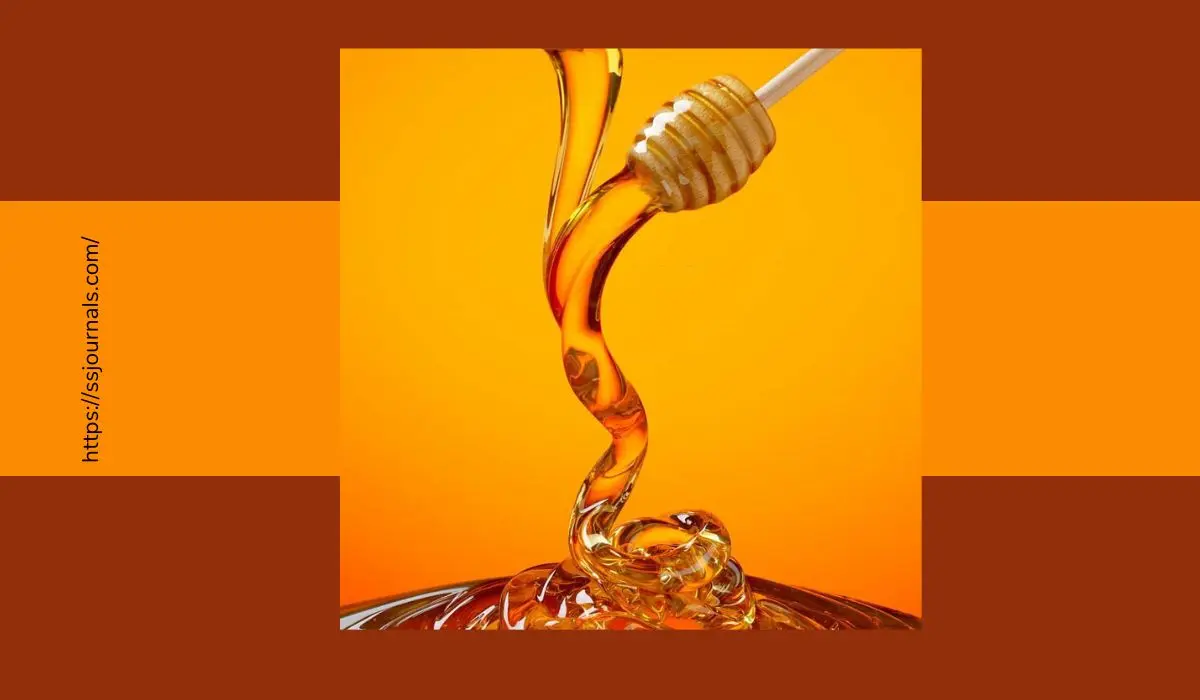Honey has been consumed for its sweet flavor and health-boosting properties for thousands of years. This natural sweetener offers a range of science-backed benefits ranging from healing wounds to soothing coughs. Honey provides key vitamins, minerals, enzymes, antioxidants, and antibacterial effects.
Read on to learn more about the functional benefits of raw, unpasteurized honey and how to incorporate it into your diet.
Potential Health Benefits Of Honey

Here are 12 evidence-based ways that honey may boost overall wellness:
Antibacterial Effects
Raw honey contains hydrogen peroxide and phytochemicals that give it antibacterial qualities. Studies show manuka honey can fight drug-resistant bacteria.
Soothes Coughs
Honey coats and soothes irritation in the throat, making it a safer cough suppressant than OTC medications for kids ages 1 and up.
Aids Wound Healing
The antibacterial, and anti-inflammatory properties of honey help clean and heal minor cuts, scrapes, and burns more quickly.
Nutritional Profile
Honey provides small amounts of nutrients like calcium, magnesium, potassium, iron, zinc, phosphorous, vitamin C, and B vitamins.
Energy Source
With 17 grams of carbohydrates per tablespoon, honey provides a quick boost of energy and elevates blood sugar levels.
Antioxidant Effects
Raw honey contains phenolic compounds and enzymes that act as antioxidants to protect cells from oxidative damage.
Soothes Acid Reflux
Researchers found raw honey reduced reflux episodes and protected esophageal tissue.
Skin Care Aid
Honey cleanses and nourishes skin aids gentle exfoliation, and provides antimicrobial properties that improve skin issues.
Prebiotic
Raw honey feeds probiotics and contains oligosaccharides that may support gut health. It provides prebiotics that stimulate the growth of beneficial bifidobacteria.
Anti-inflammatory
Several studies found honey exhibits strong anti-inflammatory actions that reduce swelling and cellular damage associated with chronic disease.
Improves Triglycerides
Multiple studies found regular honey consumption significantly decreased unhealthy triglyceride levels.
Sleep Aid
Raw honey promotes restorative sleep and may help people with insomnia get better quality sleep.
While processed, filtered honey loses some nutritional benefits, raw unfiltered honey provides the most health advantages.
Conclusion
Thanks to its unique antioxidant, antimicrobial, and anti-inflammatory properties, raw honey shows promise in promoting several aspects of health. From wound healing to soothing sore throats, reducing triglycerides to providing probiotics, honey offers science-backed benefits when consumed in moderation. Work with your healthcare provider to determine if honey has a place in your diet and supplement regimen
FAQs
Yes, raw honey maintains more of the vitamins, minerals, and antioxidants. It has not been pasteurized or filtered so the beneficial compounds are preserved.
Eat 1-2 tablespoons of raw, unpasteurized honey per day. You can mix it into tea, spread it on toast, or dissolve it in warm water.
Honey does raise blood glucose, though less than white sugar. Portion control is key if you have diabetes. Consult your doctor.
No, honey should be avoided until after a baby’s first birthday due to risk of infant botulism from Clostridium bacteria spores.
Multiple studies confirm honey reduces coughing more effectively than OTC cough medicines in children ages 1-18. It coats and soothes the throat.

